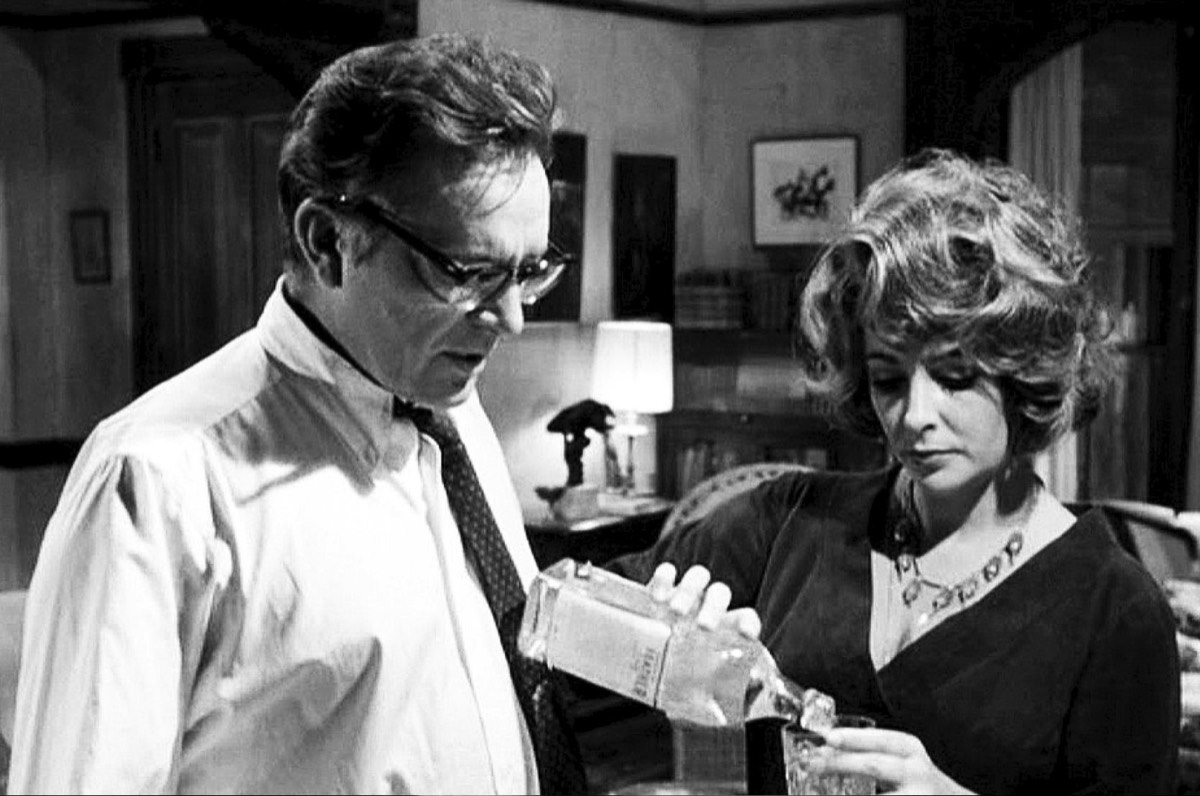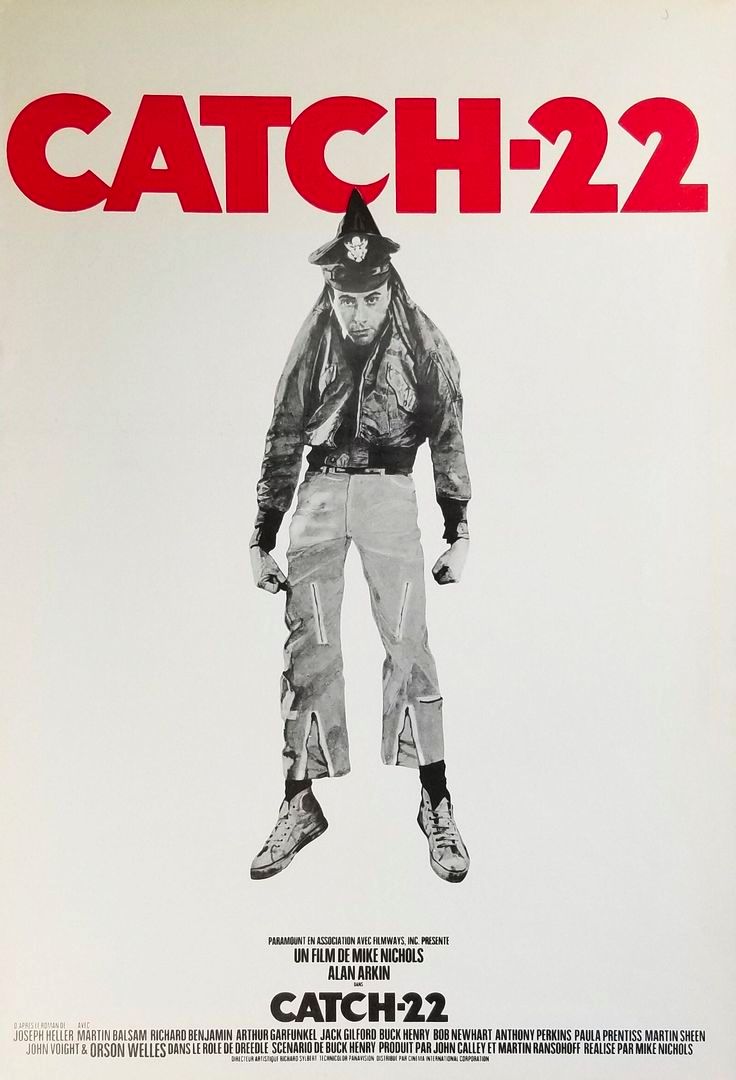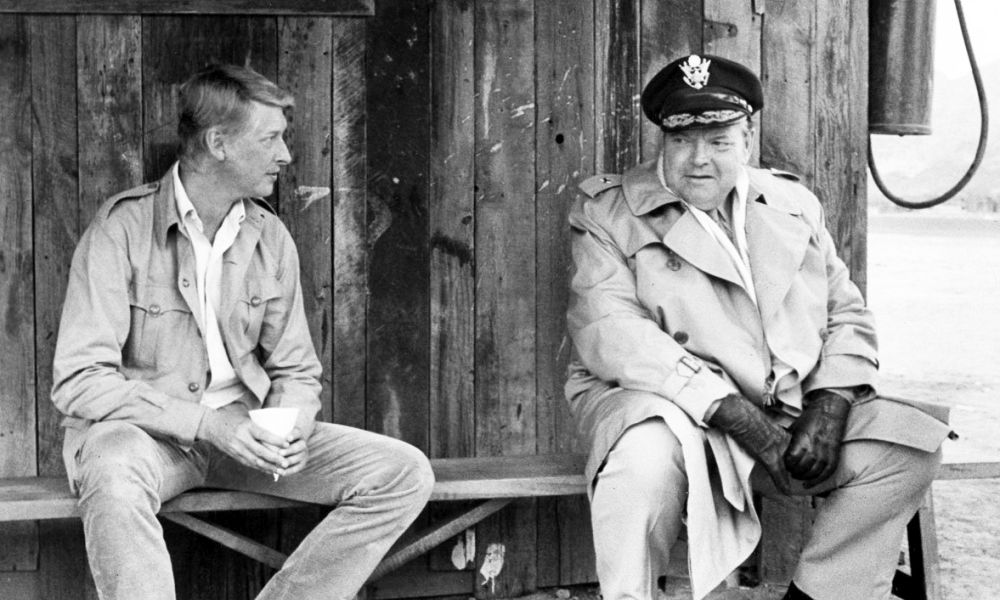"Mike Nichols (Michael Igor Peschkowsky) triumphantly saddles both Broadway and Hollywood with sleek stage productions and streamlined movies, which are more thought-provoking and better crafted than most." - Ronald Bergan (Eyewitness Companions: Film, 2006)
Mike Nichols
Key Production Country: USA
Key Genres: Drama, Comedy Drama, Comedy, Coming-of-Age, Gay & Lesbian Films, Satire, Ensemble Film, Screwball Comedy, Comedy of Manners, Marriage Drama, Medical Drama, Military Comedy
Key Collaborators: Sam O'Steen (Editor), Richard Sylbert (Production Designer), Jack Nicholson (Leading Actor), Meryl Streep (Leading Actress), John Bloom (Editor), Emma Thompson (Leading Actress), Elaine May (Screenwriter), John Calley (Producer), Giuseppe Rotunno (Cinematographer), Stephen Goldblatt (Cinematographer), Michael Ballhaus (Cinematographer), Antonia Van Drimmelen (Editor)
Key Genres: Drama, Comedy Drama, Comedy, Coming-of-Age, Gay & Lesbian Films, Satire, Ensemble Film, Screwball Comedy, Comedy of Manners, Marriage Drama, Medical Drama, Military Comedy
Key Collaborators: Sam O'Steen (Editor), Richard Sylbert (Production Designer), Jack Nicholson (Leading Actor), Meryl Streep (Leading Actress), John Bloom (Editor), Emma Thompson (Leading Actress), Elaine May (Screenwriter), John Calley (Producer), Giuseppe Rotunno (Cinematographer), Stephen Goldblatt (Cinematographer), Michael Ballhaus (Cinematographer), Antonia Van Drimmelen (Editor)
“Nichols brings a sense of theatricality, a sharp wit, and a keen, European intelligence toward a penetratingly critical view of contemporary culture, often with a sleight of hand that makes his filmmaking appear effortless, even magical… Much of Nichols's work is impressive, but his best film may be his first, Who's Afraid of Virginia Woolf? (1966), in which Elizabeth Taylor and Richard Burton gave virtuoso performances as a couple whose marriage has become like living in purgatory.” - Murray Pomerance (501 Movie Directors, 2007)
"His family escaped Nazi Germany by moving to the USA, where Nichols later studied at the University of Chicago. He directed the early comedies of Neil Simon on Broadway before launching his film career with an explosive film adaptation of Edward Albee's stage play Who's Afraid of Virginia Woolf? (1966). Unconventional but topical choices of material followed, cementing his reputation." - Chambers Film Factfinder, 2006

Who's Afraid of Virginia Woolf? (1966)
"A strangely inconsistent filmmaker, Nichols was an Actor's Studio protégé, and proved his theatrical worth with his effective handling of Edward Albee's Who's Afraid of Virginia Woolf? (1966). It is hard, in retrospect, to remember how influential his next film, The Graduate (1967), really was, but he certainly succeeded in capturing the Zeitgeist once again with Carnal Knowledge (1971), in which he dissected the sexual illusions of an entire generation of American men." - Mario Reading (The Movie Companion, 2006)
“Hollywood's golden boy for a brief period during the mid-60s, successful stage director-turned-movie director Mike Nichols started at the top, with two big hit pictures in a row, then gradually worked his way down over a period of eight years or so.” - Joel W. Finler (The Movie Directors Story, 1985)
"Mike Nichols was formerly a cabaret comic with Elaine May before going on to produce many successful Broadway plays and turning his attention westward to Hollywood in the mid-Sixties… Some of Nichols' later films seemed unworthy of their director's remarkable reputation." - The Illustrated Who's Who of the Cinema, 1983
"In a way, Mike Nichols on screen has never really left Elaine May on stage. Most of his films reveal the same cheerfully mocking, lightly acerbic approach to human foibles as his classic confrontations with May. He may not be consistent in his director's style, and he may never prove to be a major film director, but what does that matter when we can respond to his foolish mortals with sardonic laughter?" - Ted Sennett (Great Movie Directors, 1986)
"A man of cultivated sensibilities and eclectic taste, and an outstanding director of actors on both stage and screen, Nichols also developed an adroit film technique. Fond of foreground shooting, long takes, and distorting close-ups to intensify the sense of his characters’ entrapment, he also frequently employs overlapping sound and a spare, modernistic mise-en-scène (the latter at times reminiscent of Antonioni) to convey an aura of disorientation and sterility. ." - Mark W. Estrin (International Dictionary of Films and Filmmakers, 2000)
Selected Filmography
{{row.titlelong}}
Mike Nichols / Fan Club
George Clooney, Taika Waititi, Wes Anderson, Lee Hill, Milan Pavlovic, Masato Harada, Gina Prince-Bythewood, David Wain, Marcel Ophüls, Roger Ebert, Shawn Levy, Peter Travers.
George Clooney, Taika Waititi, Wes Anderson, Lee Hill, Milan Pavlovic, Masato Harada, Gina Prince-Bythewood, David Wain, Marcel Ophüls, Roger Ebert, Shawn Levy, Peter Travers.
"Fan Club"
These film critics/filmmakers have, on multiple occasions, selected this director’s work within film ballots/lists that they have submitted.
These film critics/filmmakers have, on multiple occasions, selected this director’s work within film ballots/lists that they have submitted.


